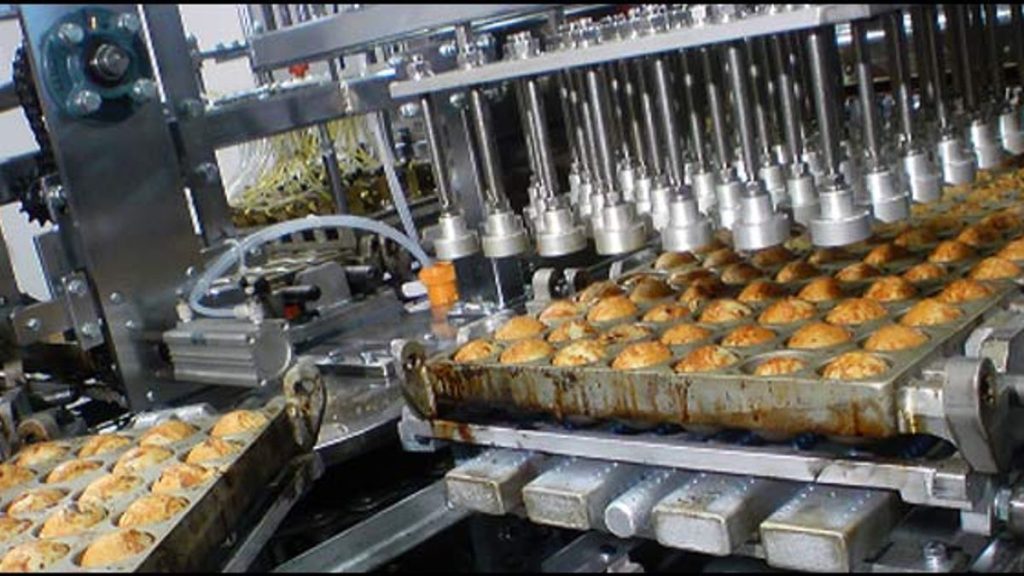In the ever-evolving landscape of the food industry, technology plays a pivotal role in reshaping and optimizing food service operations. This paper explores the multifaceted impact of technology on various aspects of Food Industry Management, examining how innovations are enhancing efficiency, customer experience, and overall business sustainability.
Technological Innovations in Food Service:
Point-of-Sale (POS) Systems: Advanced POS systems streamline order processing, payment transactions, and inventory management. They not only improve operational efficiency but also provide valuable data for decision-making and customer insights.
Online Ordering and Delivery Platforms: The rise of online ordering and delivery platforms has revolutionized the food service landscape. From mobile apps to third-party delivery services, technology facilitates seamless transactions, expanding the reach of food establishments.
Inventory Management Software: Automated inventory management systems optimize stock levels, reduce waste, and enhance supply chain efficiency. Real-time tracking and data analytics empower businesses to make informed decisions regarding procurement and stocking.

Enhancing Customer Experience:
Digital Menus and Ordering Kiosks: Digital menus and self-service kiosks enhance the customer experience by providing a visually appealing and interactive interface. Customers can customize orders, view nutritional information, and enjoy a more convenient and personalized dining experience.
Mobile Apps and Loyalty Programs: Branded mobile apps and loyalty programs leverage technology to engage customers, offer personalized promotions, and streamline the ordering process. These tools contribute to customer retention and loyalty.
Contactless Payment Solutions: The integration of contactless payment options enhances convenience and safety for customers. From mobile wallets to NFC-enabled cards, technology facilitates quick and secure transactions, aligning with current trends in payment preferences.
Operational Efficiency and Sustainability:
Kitchen Automation and Robotics: Automation in kitchen operations, including robotics and smart appliances, improves efficiency, reduces labor costs, and ensures consistency in food preparation. This trend aligns with the growing demand for speed and accuracy in service.
Supply Chain Traceability: Technology enables end-to-end traceability in the supply chain, allowing food establishments to monitor the journey of ingredients from source to plate. This transparency enhances food safety, quality control, and sustainability efforts.
Data Analytics for Business Insights: Leveraging data analytics tools provides valuable insights into customer preferences, operational performance, and market trends. This information empowers decision-makers to optimize strategies, pricing, and menu offerings.
Conclusion:
Technology is a driving force transforming food service operations, from improving efficiency and customer experience to enhancing sustainability. Embracing these innovations allows Food Industry Management to stay competitive, adapt to changing consumer expectations, and pave the way for a more technologically advanced and resilient future in the food industry.

